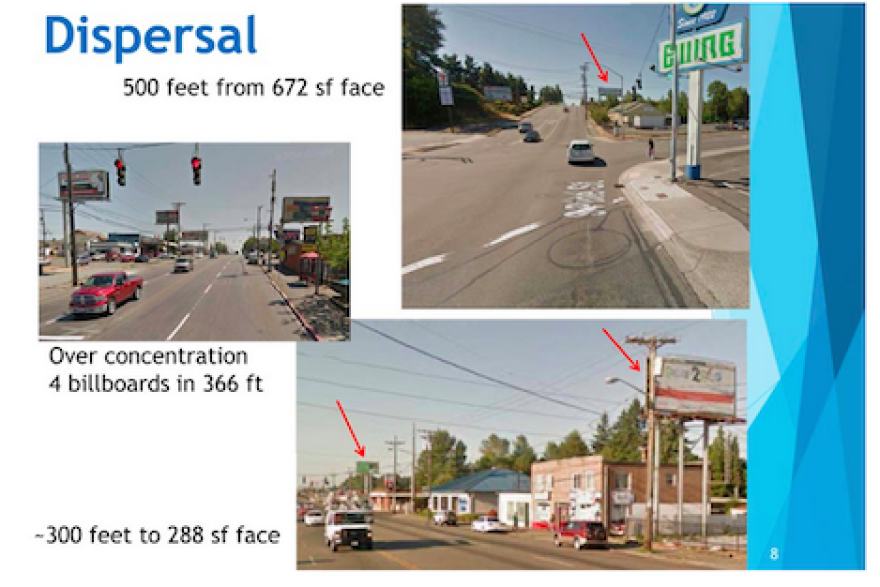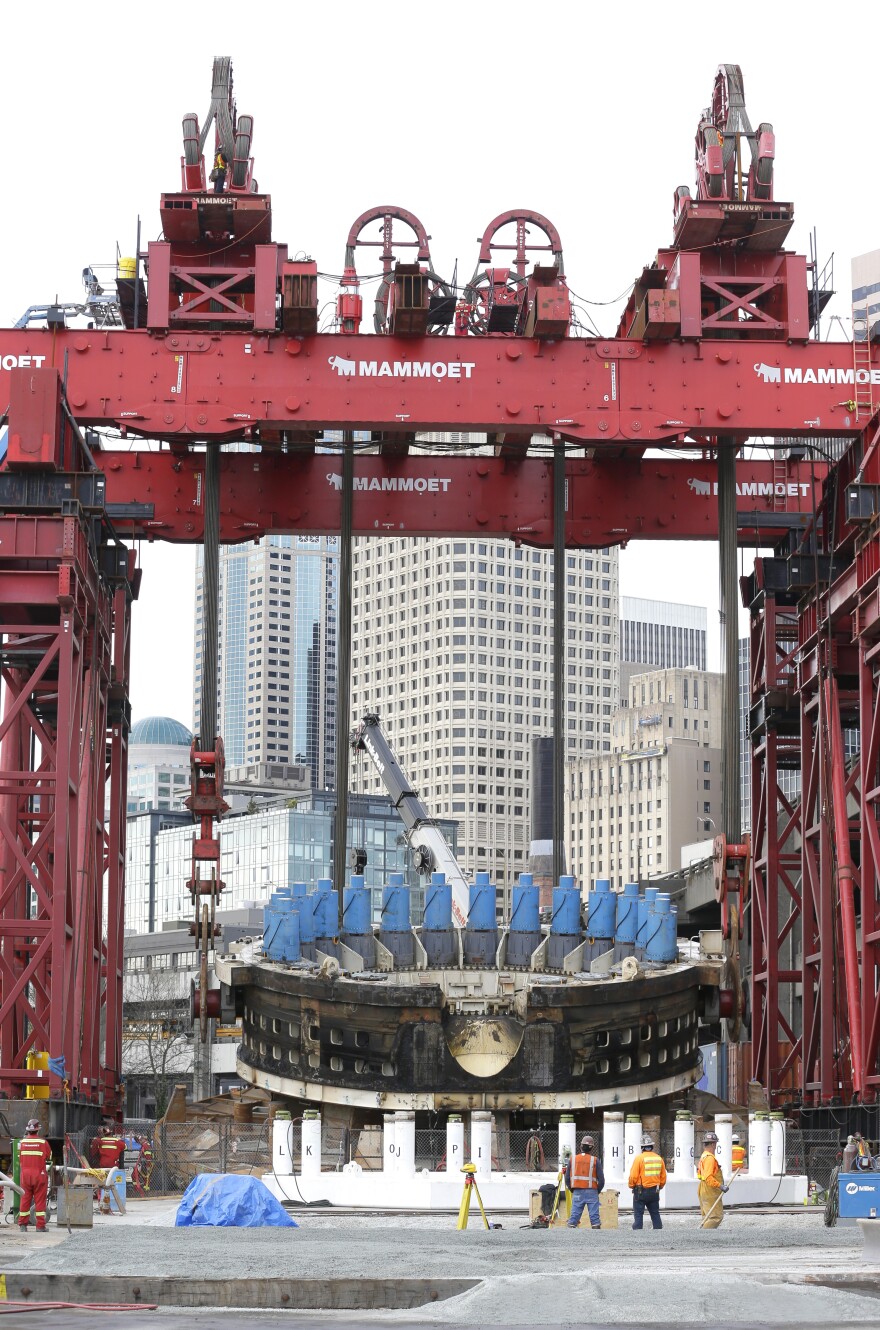There's always interesting stuff in the news that gets overshadowed by the big stories. On Sound Effect we invite a panel a journalists to talk over their nominees for under-covered story of the week.
Joining Gabriel Spitzer at this week’s roundtable are Joanne Silburner, a journalism professor at the University of Washington, Derek Young, founder of the Tacoma news blog Exit 133 and Rachel Lerman, who covers technology at the Seattle Times.
Lerman said what needed more attention was the Washington Department of Social and Health Services’ examination of 12 child welfare cases over the past eight years that were settled in and out of court. The analysis found that 48 staffers “failed to care” for their clients, the state’s foster-care children.
None of the four-dozen staffers were fired, suspended or had pay docked.
“Which is pretty significant, I would say,” Lerman said. “We have this state agency whose entire job is to protect the welfare of some of the most disadvantaged of the state’s population, and staffers that are failing to do that are not being punished for it.”
For Young, the issue that needs more attention is Tacoma’s changes in billboard regulation. Tacoma began putting in billboard regulations in the late 1980s, Young said. In the late 1990s, the city began to enforce the regulations in earnest and limited the number and types of billboards.

The value of billboards declined as a result. This opened the door for Clear Channel to begin buying up the available, local billboard companies, Young said. Then Clear Channel sued the city of Tacoma claiming its First Amendment rights were being unfairly restricted.
And the company used its billboards to wage a propaganda campaign against the city. The dispute has spent years in and out of court and with advisory groups.
Still, there’s no resolution.
“They’re trying to figure it out,” Young said. “Five years ago, there was a lot of ink put down on this. Right now there nobody seeming to pay attention.”
Silburner sees Bertha, the troubled tunnel-digging behemoth, as needing still more attention. It’s assembled and ready to resume digging after nearly a two-year delay. Yet the resumption of the project received little attention.
The transportation system in Seattle is so bad, she said, every transportation story matters. "How can we be a viable city when you can’t get on I-5 at any time of day?” she asked.
“Is it underreported?” she continued. “Maybe not. But something has to be done. As a journalist I think, ‘Oh, more reporting.”







